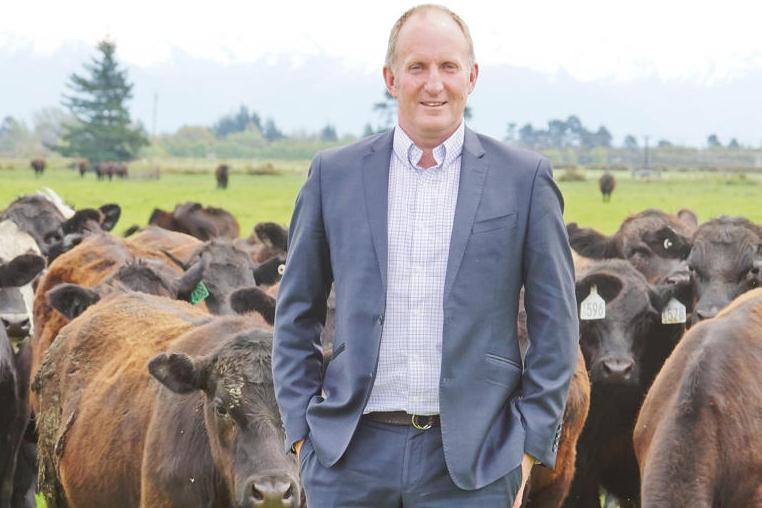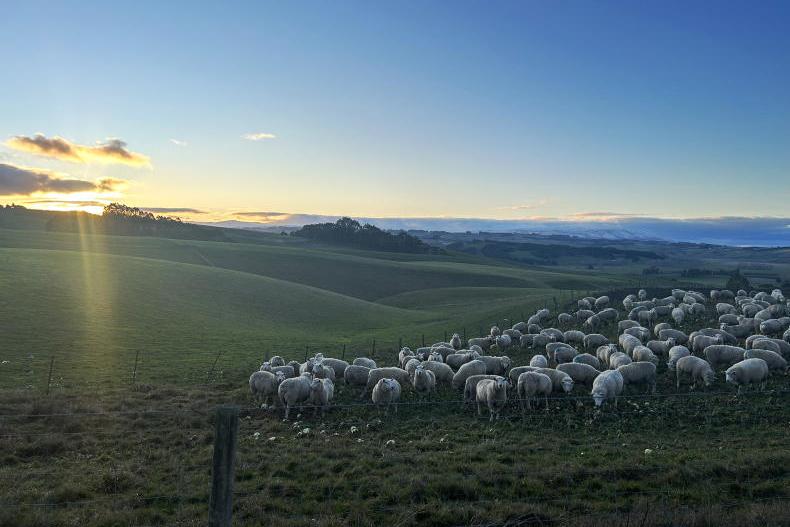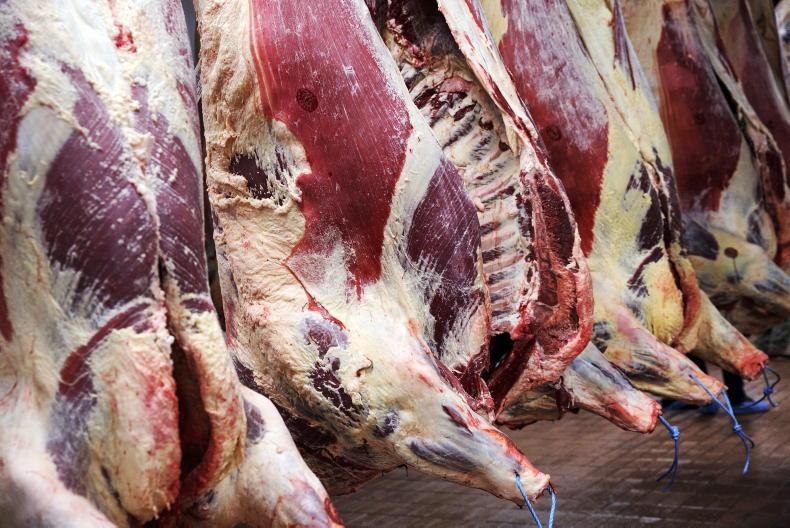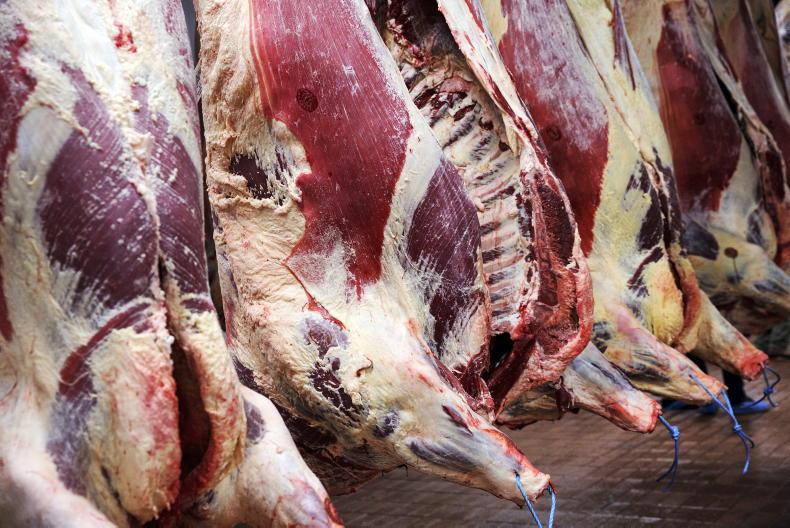Where do you farm and what is your position in the New Zealand ag sector?
I’m chairman of Beef and Lamb NZ but I’m also a beef and sheep farmer from Southland in the Otago region, which is at the bottom of Te Waipounamu (South Island). I farm around 11,000 livestock units on 1,030ha (2,545ac). It’s about 80% sheep while the remaining 20% are cattle. I have breeding ewes and I finish the lambs on the farm. I also have an Angus cattle breeding operation and I finish the calves.
How has the spring weather been this season?
Spring has been really good to date. The majority of the country has had really good lambing and calving conditions. We’re getting a bit of a kick right now with some snow passing through, but in general it’s been a great start to the year.
How are beef and lamb markets in New Zealand?
Beef and lamb markets are looking really strong right now. African Swine Fever (ASF) in China has had a major impact on demand and we’ve been supplying that market for a long time. ASF is really underpinning some extra demand. We’re probably looking at a lamb price of around NZ$7/kg (€4/kg) this season, while beef prices will probably be around NZ$6/kg (€3.50/kg). Those are really strong prices in historical terms for New Zealand beef and lamb producers and will ensure good profitability.
How is New Zealand agriculture adapting to climate change?
New Zealand and Ireland have similar greenhouse gas (GHG) emission profiles. In New Zealand, farming accounts for almost 50% of carbon emissions and I think it’s about 30% in Ireland. So farmers down here are under a lot of pressure to reduce carbon emissions. The GHG debate is a live one in New Zealand, but it’s hugely confusing for a lot of people. Since the 1990s, New Zealand’s breeding ewe flock has reduced by 50% in numbers, yet we’re only producing 7% less sheepmeat. So we’ve already achieved huge productivity gains, which by default have reduced GHG emissions by about 30% since the 1990s. New Zealand farmers don’t want to be let off the hook, but we’re not getting recognition for our efficiency gains to date.
The New Zealand government is proposing new water regulations. How could these impact farmers?
There’s a lot of elements to the new water proposals that will be difficult for New Zealand sheep and beef farmers. One of the proposals, known as a grandparenting provision, will effectively lock farmers into their existing land use and regulate the stocking intensity on their farm. There’s a lot of concern about this because out of 11m/ha in agricultural production, around 8.4m/ha are low intensity farming. A recent study in the Waikato region of New Zealand suggests 68% of sheep and beef production would disappear under these proposals and would be converted to forestry. The compliance cost of these proposals and the lack of flexibility would prevent farmers from making choices around land use and put them out of business.










SHARING OPTIONS